Low Voltage Lighting Installation Timing
Spring and early fall are ideal times for low voltage lighting installations due to moderate weather conditions, reducing risks associated with extreme cold or heat.
Dry, mild weather minimizes delays and complications during installation, ensuring the system performs reliably over time.
Scheduling installations during periods of low outdoor activity allows for better access and reduces disruptions.
Installing in favorable weather conditions can extend the lifespan of the lighting components and improve energy efficiency.
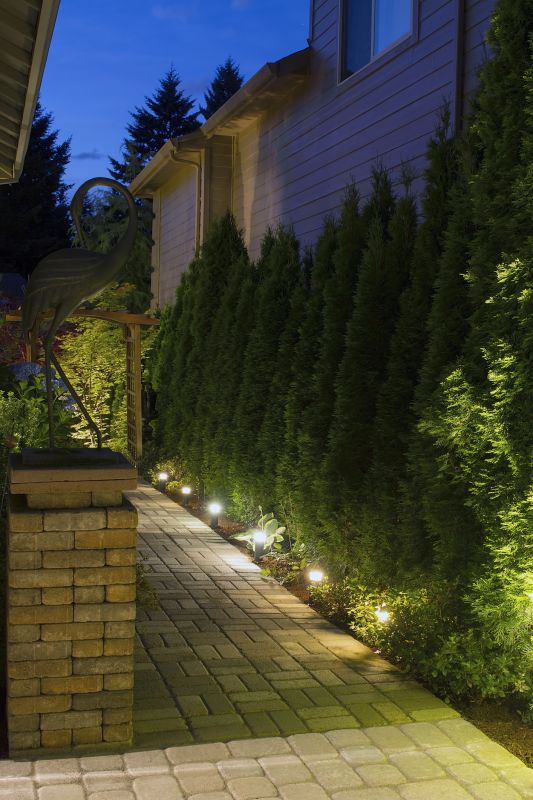
Spring offers moderate temperatures and longer daylight hours, ideal for outdoor lighting projects.
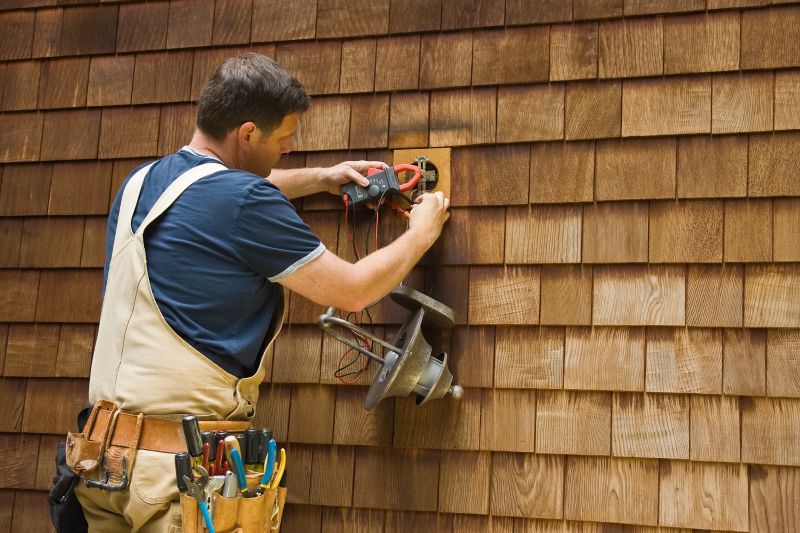
Summer provides extended daylight, but high temperatures may require scheduling during cooler parts of the day.
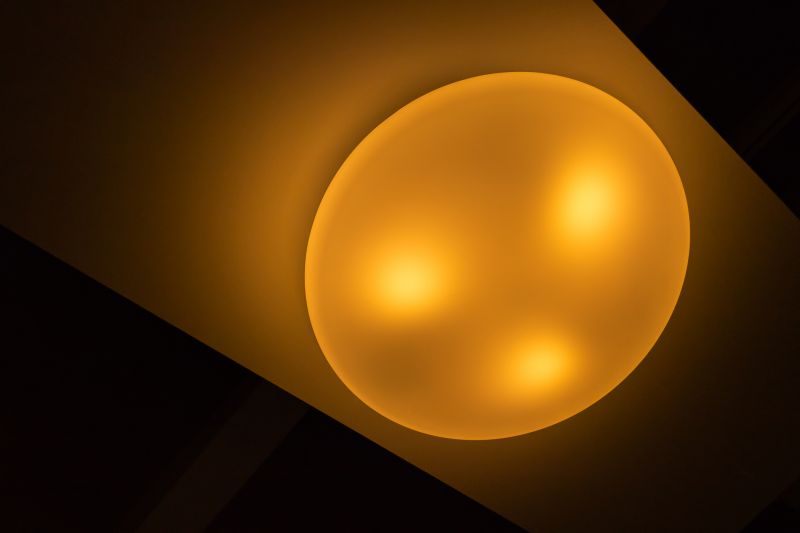
Early fall offers mild weather conditions, making it suitable for outdoor lighting installations.
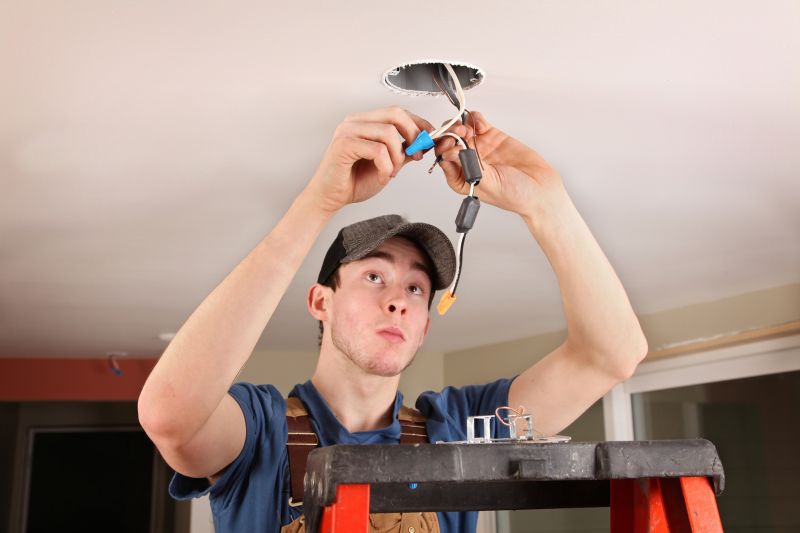
Ways to make Low Voltage Lighting Installations work in tight or awkward layouts.
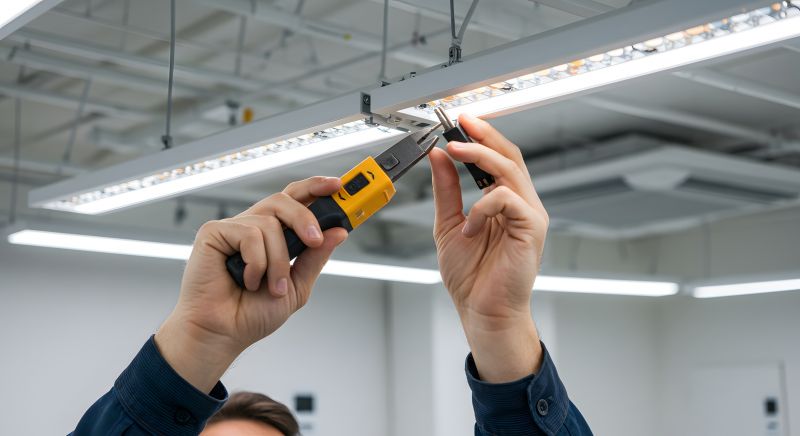
Popular materials for Low Voltage Lighting Installations and why they hold up over time.
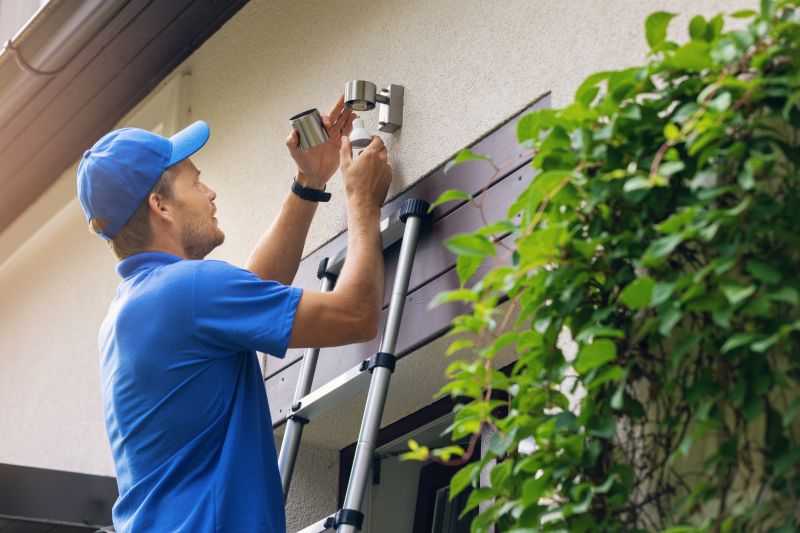
Simple add-ons that improve Low Voltage Lighting Installations without blowing the budget.
Low voltage lighting installations involve the setup of low-voltage electrical systems to enhance outdoor or indoor spaces. These systems are popular for landscape lighting, pathway illumination, and accent lighting due to their energy efficiency and safety profile. Proper timing ensures optimal installation conditions, reducing the risk of weather-related delays and increasing system longevity.
| Season | Advantages |
|---|---|
| Spring | Moderate temperatures and longer daylight hours facilitate installation. |
| Summer | Extended daylight; scheduling during cooler parts of the day is recommended. |
| Fall | Mild weather conditions support outdoor installations. |
| Winter | Generally not recommended due to cold temperatures and potential weather disruptions. |
| Early Fall | Ideal timing for outdoor low voltage lighting installations. |
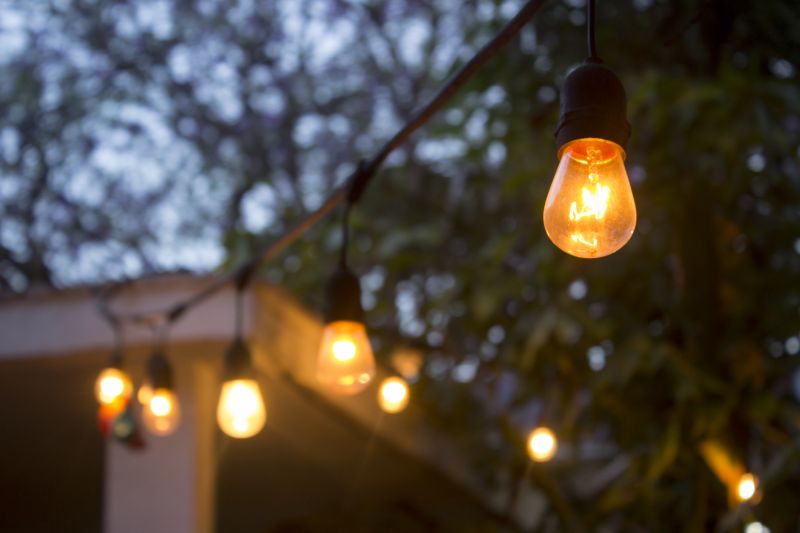
Spring's favorable weather conditions support efficient outdoor lighting setup.
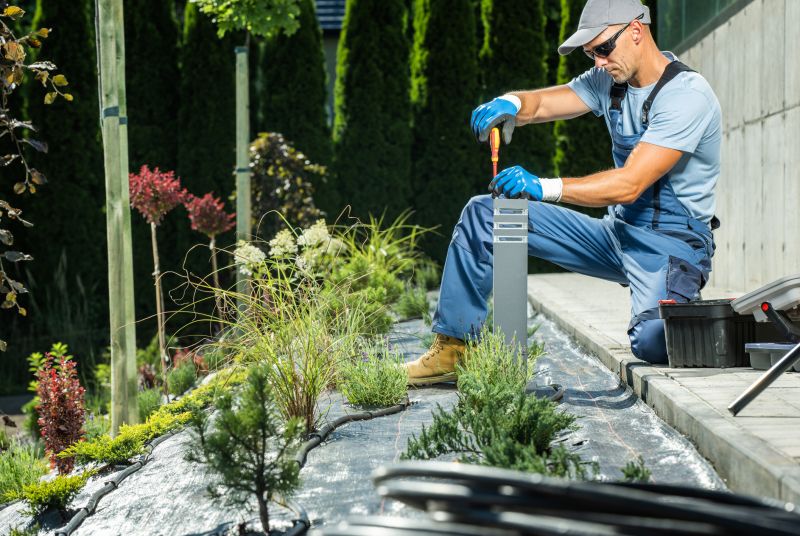
Summer requires scheduling during cooler periods to avoid heat-related issues.
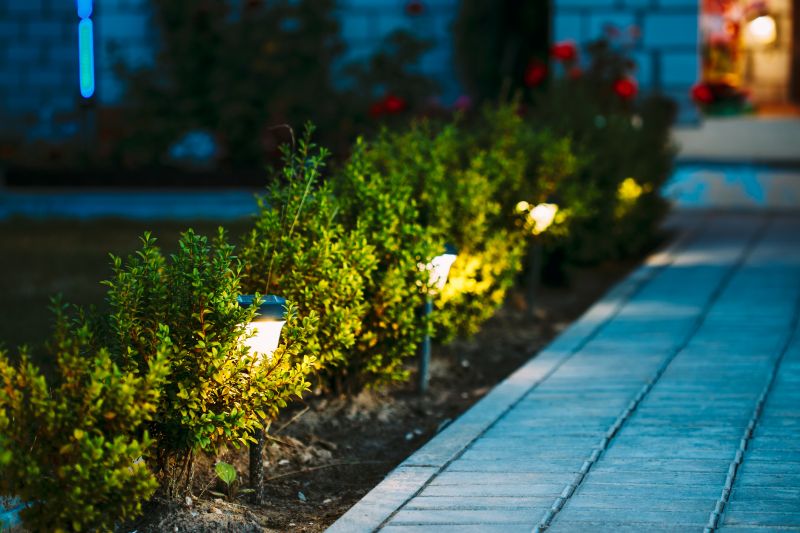
Mild fall weather is suitable for outdoor lighting installations.
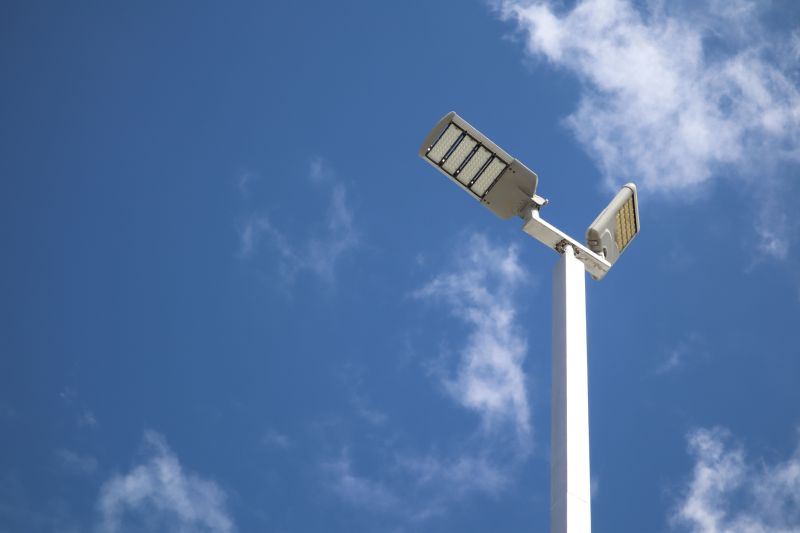
Cold temperatures and weather conditions make winter less suitable for outdoor lighting installations.
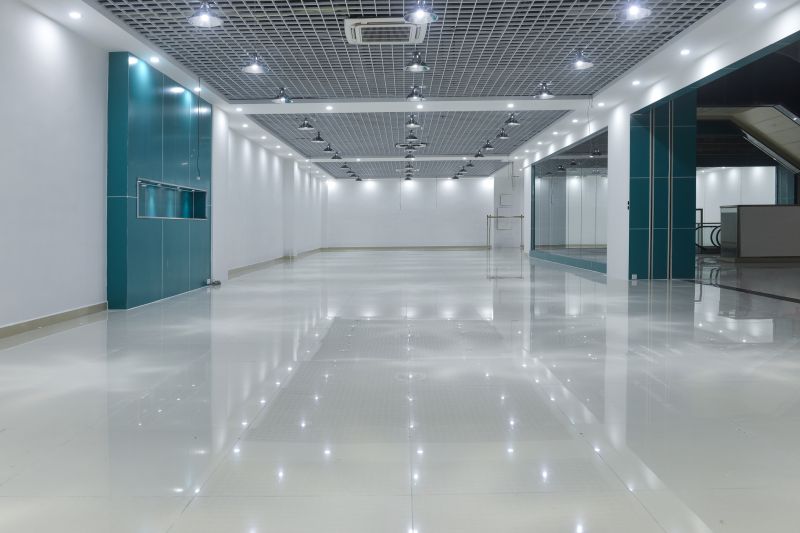
High-end options that actually feel worth it for Low Voltage Lighting Installations.
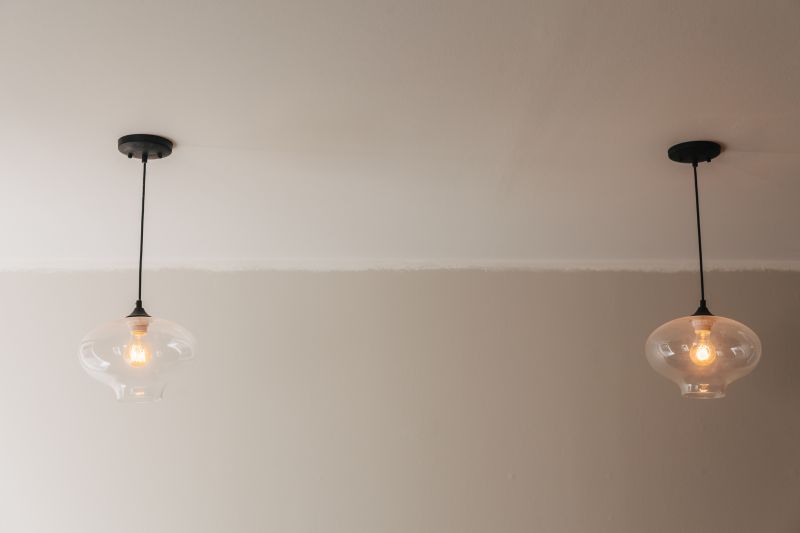
Finishes and colors that play nicely with Low Voltage Lighting Installations.
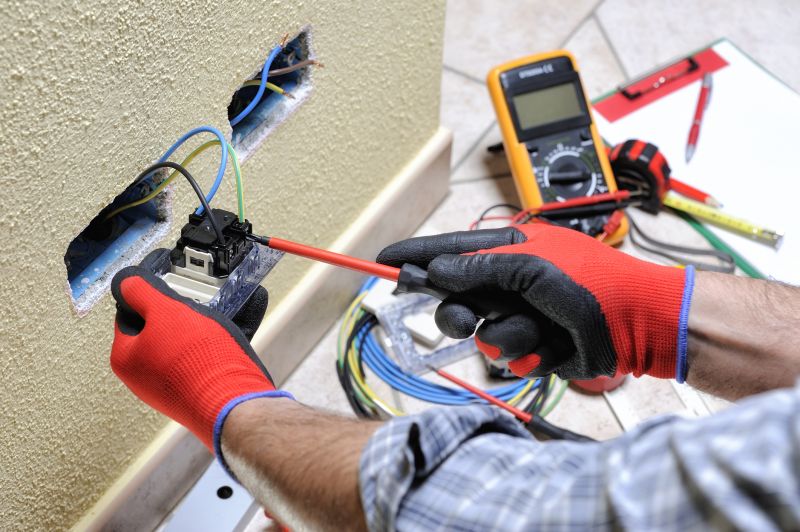
Little measurements that prevent headaches on Low Voltage Lighting Installations day.
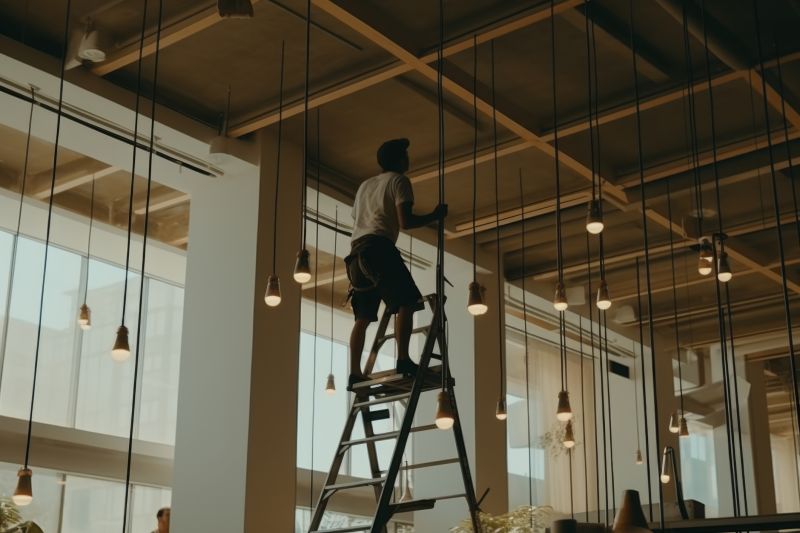
A 60-second routine that keeps Low Voltage Lighting Installations looking new.
Choosing the appropriate time for low voltage lighting installations can enhance system performance and lifespan. Proper planning, considering weather patterns and seasonal advantages, ensures that the installation process proceeds smoothly and results in reliable, energy-efficient lighting solutions.
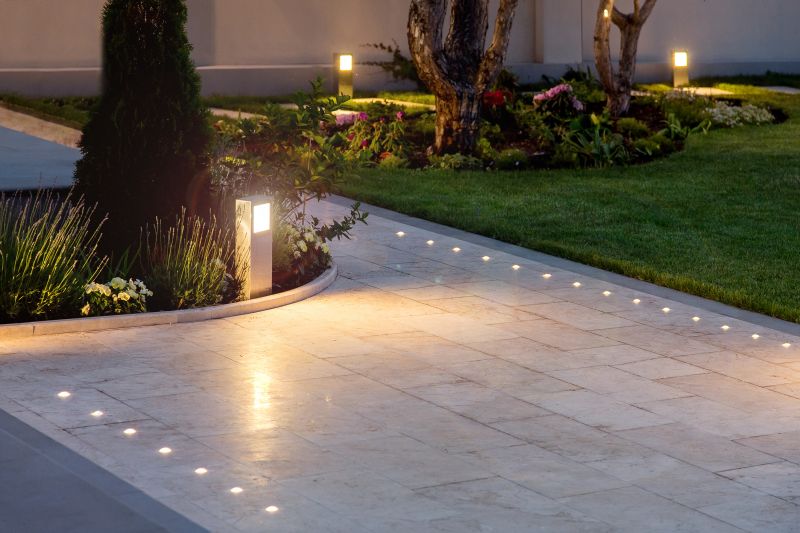
Proper timing ensures outdoor systems are installed under optimal conditions.
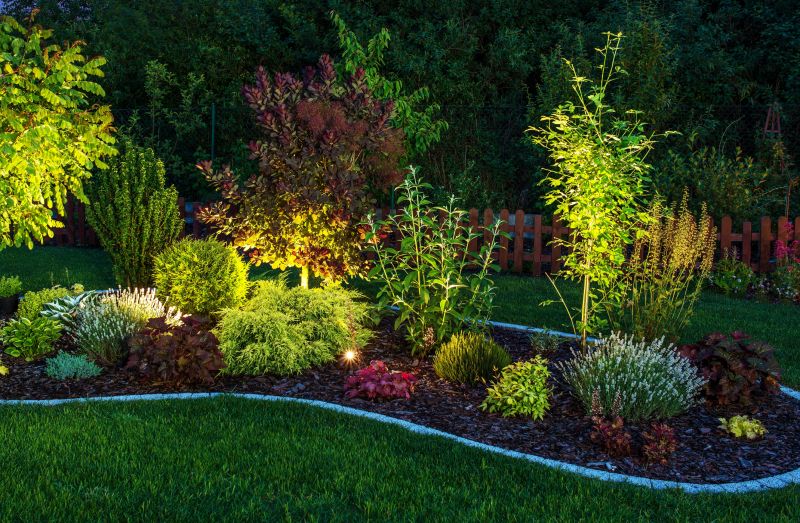
Optimal weather conditions support durable landscape lighting installations.
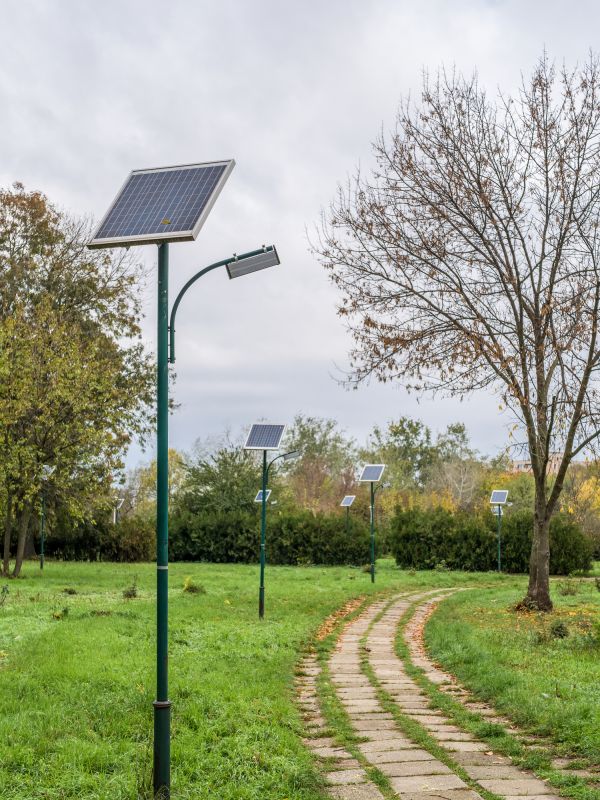
Timing installations during suitable seasons enhances energy efficiency and system longevity.
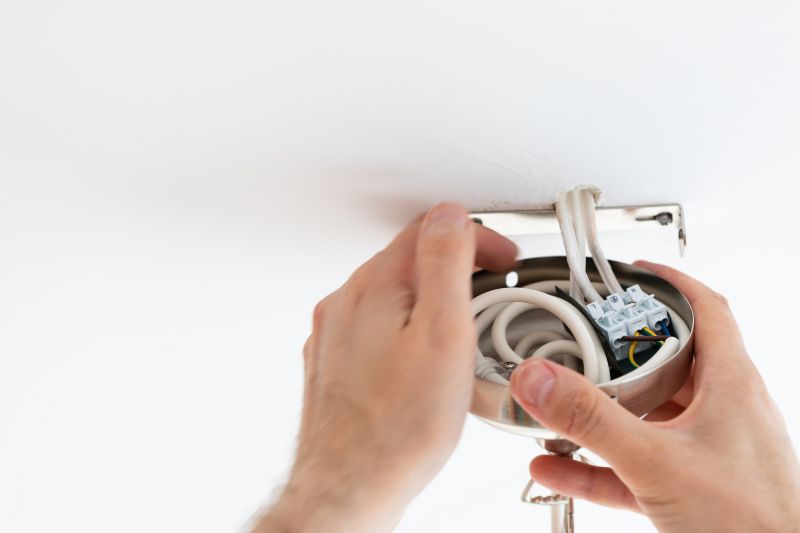
A frequent mistake in Low Voltage Lighting Installations and how to dodge it.
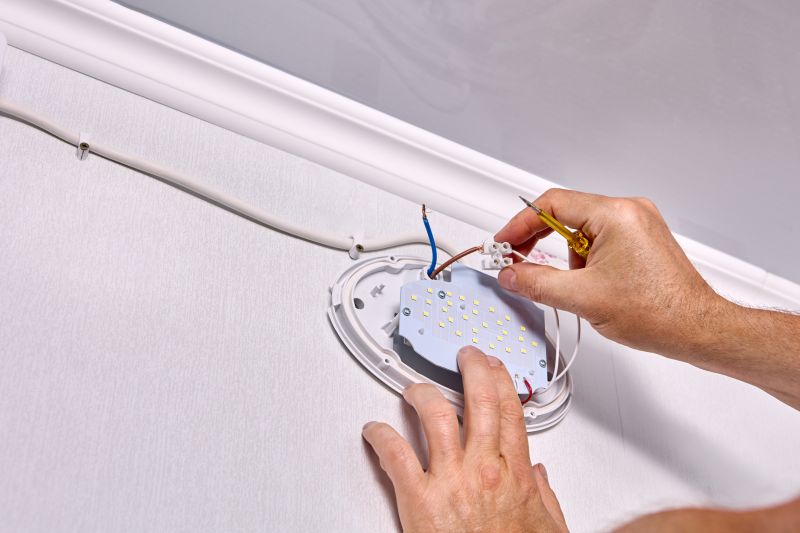
Small tweaks to make Low Voltage Lighting Installations safer and easier to use.
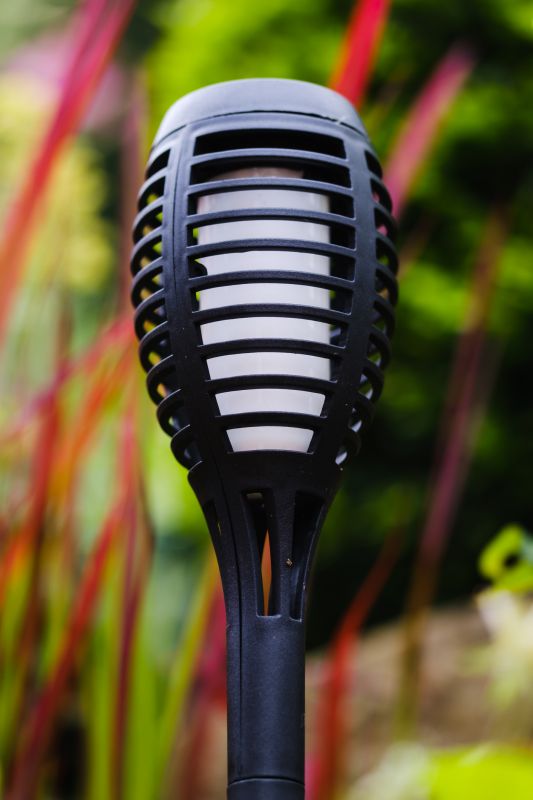
Lower-waste or water-saving choices for Low Voltage Lighting Installations.
Interested in low voltage lighting installations? Filling out the contact form can provide more information and help plan the optimal timing for outdoor or indoor lighting projects.
